Scholarships for Students
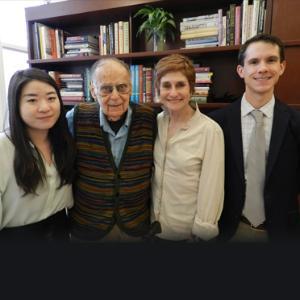 The Lida Orzeck Endowed Scholarship supports doctoral degree students in the Social-Organizational Psychology Program. Preference is given to students conducting research in conflict resolution and/or who express an interest in the International Center for Cooperation and Conflict Resolution.
The Lida Orzeck Endowed Scholarship supports doctoral degree students in the Social-Organizational Psychology Program. Preference is given to students conducting research in conflict resolution and/or who express an interest in the International Center for Cooperation and Conflict Resolution.
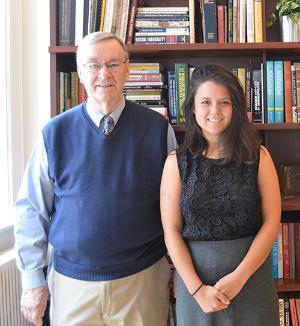 The Roy and Deborah Lewicki Scholarship Fund supports doctoral degree students in the Social-Organizational Psychology Program. The scholarship honors TC Professor Emeritus Morton Deutsch, and will be awarded to students conducting research in the field of conflict resolution or social justice, with a preference for those focusing their research in the greater New York area.
The Roy and Deborah Lewicki Scholarship Fund supports doctoral degree students in the Social-Organizational Psychology Program. The scholarship honors TC Professor Emeritus Morton Deutsch, and will be awarded to students conducting research in the field of conflict resolution or social justice, with a preference for those focusing their research in the greater New York area.
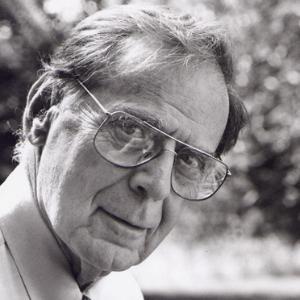 The late Morton Deutsch launched the field of conflict resolution during the Cold War, on the premise that cooperation brings opponents to a common ground, while competition undermines trust. Deutsch believed that while humans may continue to engage in violence and war, such conflict is not inevitable. The Morton Deutsch Endowed Fellowship Fund provides ongoing support for students in TC’s Social and Organizational Psychology program who are studying conflict resolution.
The late Morton Deutsch launched the field of conflict resolution during the Cold War, on the premise that cooperation brings opponents to a common ground, while competition undermines trust. Deutsch believed that while humans may continue to engage in violence and war, such conflict is not inevitable. The Morton Deutsch Endowed Fellowship Fund provides ongoing support for students in TC’s Social and Organizational Psychology program who are studying conflict resolution.
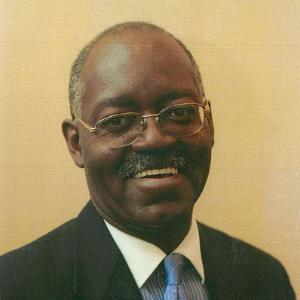 The James L. Williams Endowed Fellowship Fund provides support for students who are studying conflict resolution at the Morton Deutsch International Center for Cooperation and Conflict Resolution (MD-ICCCR) at Teachers College, Columbia University. The fellowship honors the late James L. Williams, a long-time associate of the MD-ICCCR. James previously served as co-Associate-Director of the Center and was a beloved and innovative instructor, establishing or contributing to the development of several of the Center’s early courses in Conflict Resolution and Mediation. James was also a highly respected consultant, working with educational institutions, businesses and other non-profit organizations on issues of leadership, diversity, conflict and change. His impact on the Center was foundational and formative.
The James L. Williams Endowed Fellowship Fund provides support for students who are studying conflict resolution at the Morton Deutsch International Center for Cooperation and Conflict Resolution (MD-ICCCR) at Teachers College, Columbia University. The fellowship honors the late James L. Williams, a long-time associate of the MD-ICCCR. James previously served as co-Associate-Director of the Center and was a beloved and innovative instructor, establishing or contributing to the development of several of the Center’s early courses in Conflict Resolution and Mediation. James was also a highly respected consultant, working with educational institutions, businesses and other non-profit organizations on issues of leadership, diversity, conflict and change. His impact on the Center was foundational and formative.
Lida Orzeck Endowed Fellowship
Nicole M. Borunda
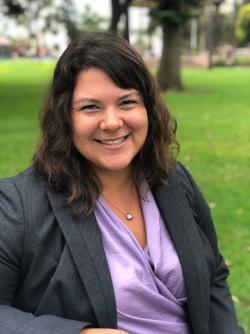
Nicole Borunda is pursuing a PhD in Social Organizational Psychology at Teachers College, Columbia University. Their research in the Difficult Conversations Lab is focused on understanding the conditions that influence the outcomes of conversations about morally and politically polarizing topics. Nicole has a master's degree in nonprofit management and leadership from the University of San Diego and a bachelor's degree from Bowdoin College where they double majored in psychology and English, and minored in teaching. Nicole plans to become a professor and use their doctoral studies to profoundly improve the health and wellbeing of marginalized communities.
Lida Orzeck Endowed Fellowship
Lan Phan

Lan Phan is a doctoral student in the Social-Organizational Psychology program at Teachers College, Columbia University. She focuses her research on cross-cultural adaptivity, nonhierarchical settings, informal power, and secular grace in the field of conflict resolution. Before entering the program, Lan worked and fostered long-term partnerships that spanned from Haiti, the U.S., China, Pakistan, Trinidad and Tobago, to her home country - Vietnam. Informed by her international work experiences, Lan dedicated her time navigating the intersectionality of her identities and the balance between taking up and creating spaces to empower discourse.
Lida Orzeck Endowed Fellowship
Diego Ramos Ochoa
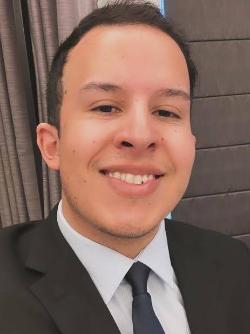
Diego Ramos Ochoa is a doctoral student in the Social-Organizational Psychology Ph.D. program at Columbia. The focus of his research lies at the intersection of leadership and conflict, with a particular focus on how leaders can best manage conflict in their teams and organizations to create healthier workplaces. He is currently leading a program of study on conflict adaptivity among leaders. Prior to joining the doctoral program, Diego earned a Bachelor of Arts in Psychology and Latin American Studies from Willamette University, and a Master of Science in Education in Counseling and Mental Health Services from the University of Pennsylvania.
Roy and Deborah Lewicki Scholarship Fund
Mike Friedmann
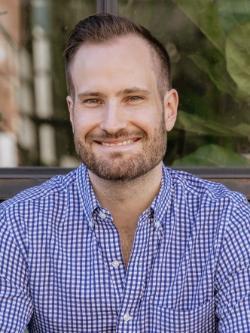
Mike Friedmann is a doctoral student in the Social-Organizational Psychology program at Teachers College. His research interests include emotional intelligence, effective communication, and how coaching can help effect personal change. In addition to his studies, Mike has an executive coaching practice, and has worked with some 300 clients in finance, technology, healthcare, media, hospitality, and government and given workshops at multiple organizations. Mike also has a BA in Economics from American University.
Morton Deutsch Endowed Fellowship Fund
Pedro Franco
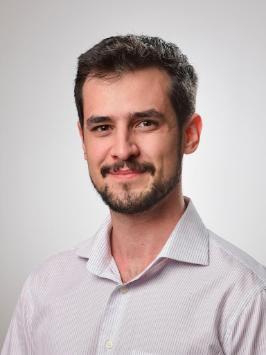
Pedro Franco is a doctoral student in the Social-Organizational Psychology program at Teachers College, Columbia University. His research focuses on political polarization, particularly the challenges it presents for educational institutions. In his home-country of Brazil, he is the founder of ProjetoPrisma.org, a platform dedicated towards promoting research and providing resources for educators and learners navigating ideological conflict. He has a BA in Media Studies and an MA in Intellectual History from the Pontifícia Universidade Católica do Rio de Janeiro, as well as a MA in Interdisciplinary Studies with an emphasis in Education and Psychology from NYU.
James L. Williams Endowed Fellowship Fund
Arisa Viddayakorn
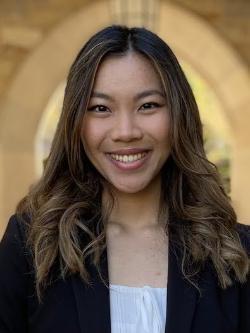
Arisa Viddayakorn is a doctoral student in the Social-Organizational Psychology program at Teachers College, Columbia University. Arisa was born and raised in Bangkok, Thailand. She received a B.S. in Finance and Information Systems and an M.A. in Counseling Psychology from Boston College. Her research projects at the MD-ICCCR are focused on applications of AI in conflict resolution as well as employee activism. More broadly, Arisa is interested in employee well-being and organizations centered around social impact.
James L. Williams Endowed Fellowship Fund
D’Artagnan Elliott
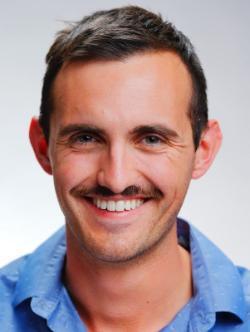
D’Artagnan Elliott is a Master’s student in Social-Organizational Psychology at Teachers College, Columbia University, researching the use of prescriptive and elicitive methods. With a specialization in human capital, he has consulted for the YMCA of the Rockies, where he designed, administered, and implemented training programs for a team of 70 staff members. At Walt Disney World, D’Artagnan gained experience in DE&I and Safety, where he worked to align these initiatives with broader business objectives. Throughout his work and research, D’Artagnan combines strategy with local culture to support employee engagement and development.